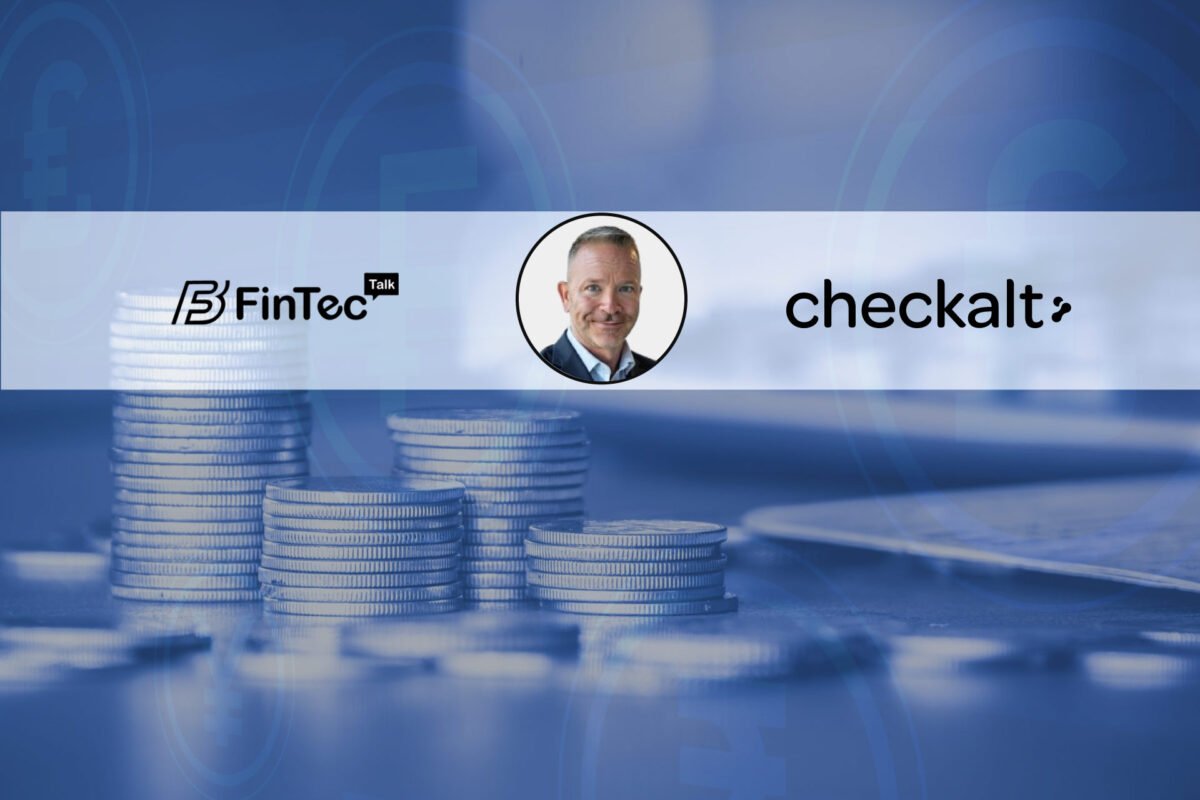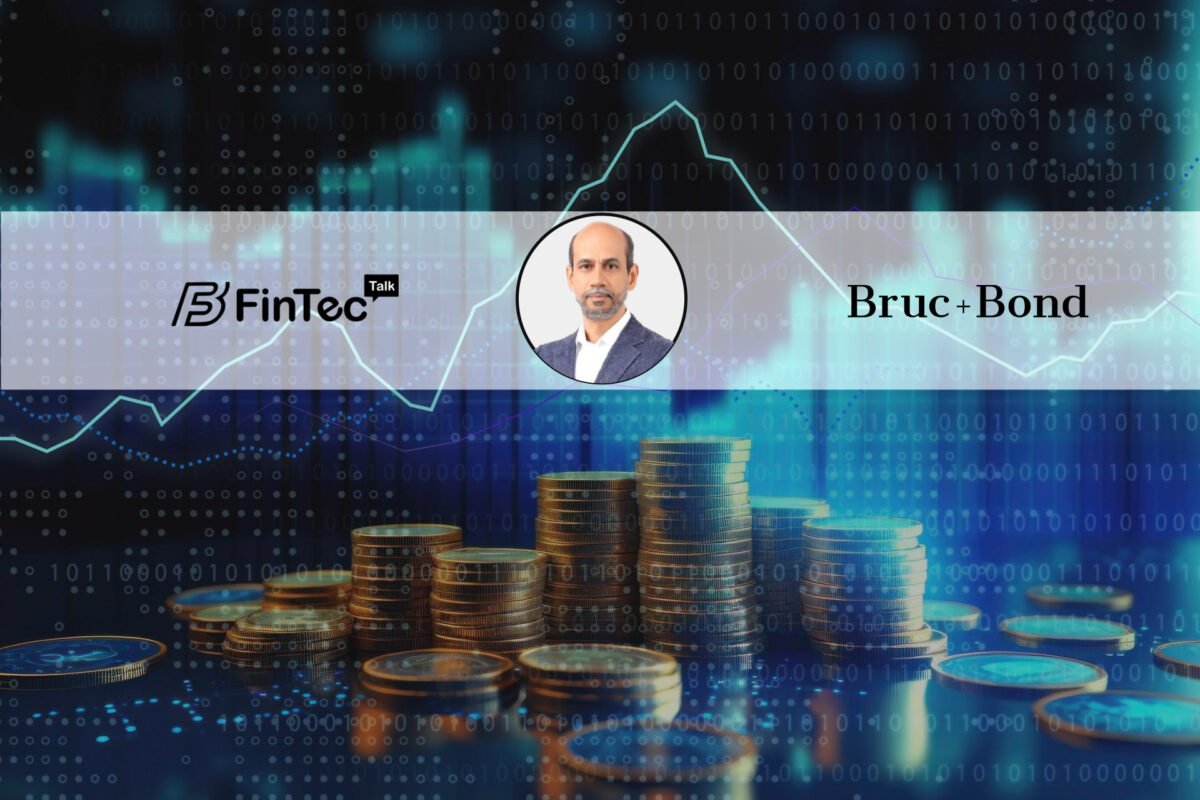1. Tell us about your role in Wirex?
I am the co-founder and CEO of Wirex. As well as ensuring that the company is constantly pushing the boundaries of payment tech, I believe that my role includes facilitating and evangelising the mainstream adoption of distributed ledger technology across a number of industries.
2. Can you tell us about your journey into this market?
Before Wirex, I helped top-tier investment banks like Morgan Stanley, Barclays Capital and Credit Suisse build trading platforms and algo-trading strategies. During this time, I recognised that the cost and inconvenience of off-boarding digital currencies was an impediment to their use by both consumers and businesses, despite the latent potential in a tokenised economy. Dmitry Lazarichev and I founded Wirex (then known as e-coin) to solve some of these problems and allow people to use their cryptocurrencies in everyday situations.
3. How do you think technology is developing the Finance Sector?
Both the finance industry and the technology that powers it are inextricably linked – advances in one invariably leads to advances in the other. For example, the development of decentralised digital currencies has opened the door for novel methods of payment, remittance and money management. In this sense, technology is a catalyst for companies and organisations that are open to new ways of doing things. As cryptocurrencies and blockchain tech have evolved, so has their potential for changing the way people deal with – and think about – money. From the first Wirex debit card that allowed people to use their crypto like fiat money to the upcoming Wirex stablecoins project, we’re constantly being driven and pushed forwards by technology to provide faster, cheaper and safer payments.
4. How has introduction for digital currencies has redefined the payment methods of financial sector?
Digital currencies are the biggest thing to happen to financial sector since the Bretton Woods agreement. Not only do they allow for a system of money that sits outside the authority and oversight of central banks and governments, they also enable businesses and consumers to circumvent conventional financial infrastructure. Legacy banking rails are slow and expensive; cryptocurrencies allow for near-instant transactions at a fraction of the cost, with none of the fees associated with Mastercard and Visa payment infrastructure. Even crypto’s market volatility can be mitigated through the use of asset-pegged stablecoins.
Despite institutional reluctance to engage with blockchain and cryptocurrency technology, countries like Japan have recognised their significance and regulated accordingly. Other countries, governments and financial institutions will follow suit.
5. How has offering borderless payments benefitted Wirex as well as its customers?
Traditional international remittance is usually carried out through conventional channels like SWIFT and SEPA. Transactions are subject to high fees and can take up to several days to go through, making these methods inefficient, inconvenient and unnecessarily expensive – and that’s without taking into account the issues inherent in exchanging currency. Cryptocurrencies – particularly stablecoins like DAI and our upcoming Wirex Stablecoins – mean that customers have an alternative to these traditional remittance methods.
By giving all our customers unrestricted access to OTC (over-the-counter) and interbank exchange rates, as well as a range of different fiat and digital currencies, we enable borderless payments that are both seamless and more convenient than institutional means. Nobody wants to have to go to a bank during limited opening hours; the Wirex app gives you control of your money – whether that’s exchanging, transferring or spending – in the palm of your hand, day and night.
More generally, the rise of ‘challenger banks’ has fuelled an arms race in terms of customer experience and convenience. I think consumers have more options now than ever before.
6. What is your vision about Wirex Visa Card?
We created the Wirex Visa card to empower people to use their digital currencies like traditional fiat, bridging the gulf that existed previously. As discussed earlier, cryptocurrencies were inconvenient and expensive to use as a means of payment – the Wirex Visa card and Wirex app solved this.
People are using cash less frequently; this trend will strengthen as cryptocurrencies enter the mainstream. The Wirex Visa card is already a step ahead of the game in this regard – and the perfect middle ground between conventional ways of paying and a future in which people will most likely transact using their devices: watches, phones, rings etc.
7. How do you differentiate your e-wallet from others in the market?
Wirex has many features that help us stand out from the crowd. Access to industry best OTC and interbank exchange rates for crypto and fiat currencies respectively, low fees, high limits, 18 digital and traditional currencies, multiple funding methods, convenience and basic practicality – funds can be seamlessly spent with the Wirex Visa card which will also generate bitcoin rewards. Not to mention the Wirex app, which lets you control this all wherever and whenever.
8. What advice would you like to give to the Startups?
The pace of change is rapid, which means you will make mistakes – but treat these as opportunities to learn and improve rather than disasters.
Listen to your customers and put them at the forefront of what you do.
9. Which Startup technology has grabbed your attention?
As well as obvious things like Machine-to-Machine technology, I’ve kept an eye on wearable tech like the Visa payment ring and Swatch Bellamy NFC-enabled watch. I believe that these will replace cash and bank cards in the long run – they’re undeniably cool as well.
10. How do you prepare for a Technology-centric world?
More than anything else, it’s important to keep an open mind. The majority of technological innovations are driven by the desire to improve existing services or products. With this in mind, there’s no need to be alarmed by new technology – even if you don’t fully understand it.
11. Can you tell us about your team and how it supports you?
Wirex would be nothing without its employees. It’s something we think very carefully about, because finding the right people is difficult. We don’t just take individual ability into account – people need to fit culturally and share the company’s values. Everyone at Wirex gets as much pleasure from watching the company continue to grow and push boundaries as I do, it’s the key to our success.
12. What are the major developments you are planning, in recent time?
The immediate future is set to be an exciting time for Wirex. In April, we partnered with Stellar and incorporated XLM onto the platform. Since then, we’ve developed a range of fiat-pegged Wirex Stablecoins, built on the Stellar network to transform the way people and businesses make cross-border payments. These will be released soon. On top of that, we’re launching the Wirex Visa card across the APAC region as a multicurrency travelcard and expanding the product on offer there. At the same time, we’re working towards acquiring our Type I Licence from Japan’s Financial Services Agency (FSA) – this will establish the platform as a legal Crypto Asset Exchange Service Provider (only 19 companies have achieved this to date) and allow us to offer our full range of services to Japanese customers.
We’re also continuing to develop our business product, including merchant offers that will allow companies to circumvent traditional payment channels run by Visa or Mastercard and Stablecoin-powered remittance.
13. Which Book are you reading these days?
I’m currently reading The Catcher in the Rye by J.D. Salinger. I can relate!
14. We have heard that you have a very joyful work culture, we won’t mind having a look at some of the pictures?
You can look at this link, this was our Wirex 3.0 launch in London: https://www.youtube.com/watch?v=tnf3Er3FFes
There are more video and picture on our social channels for the culture.
15. Can you give us a glance of the applications you use on your phone?





